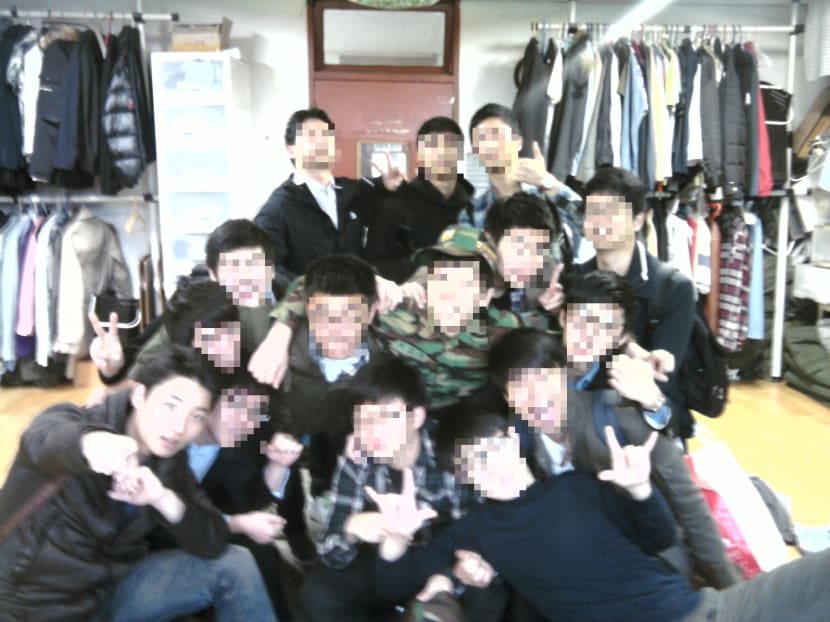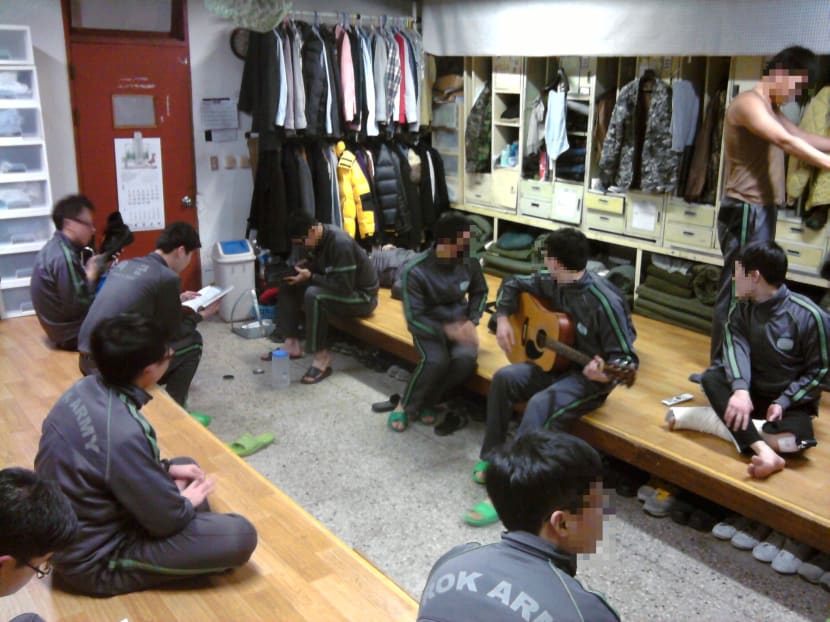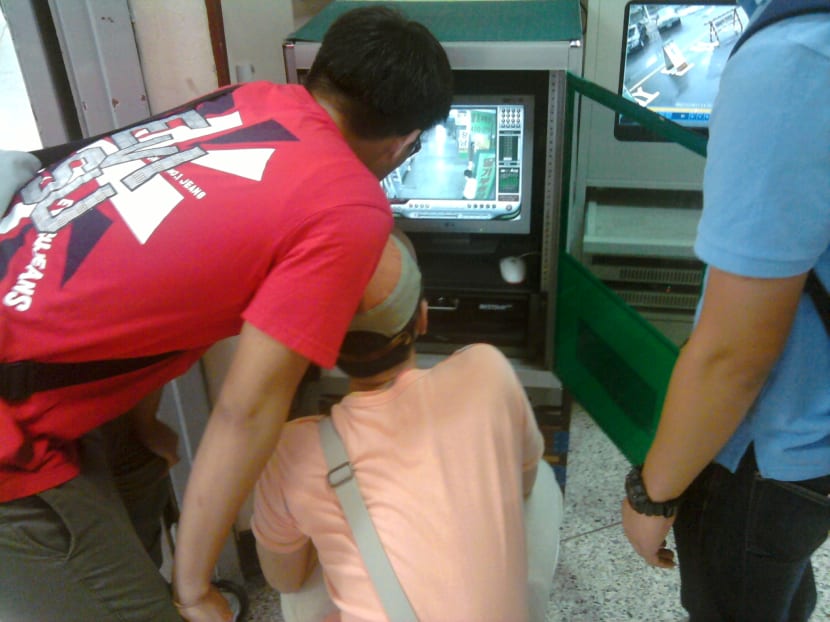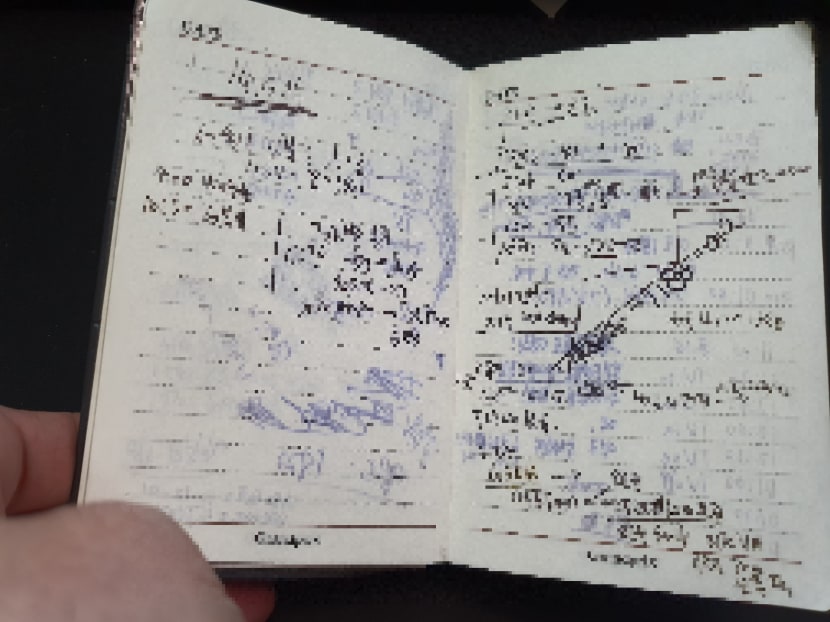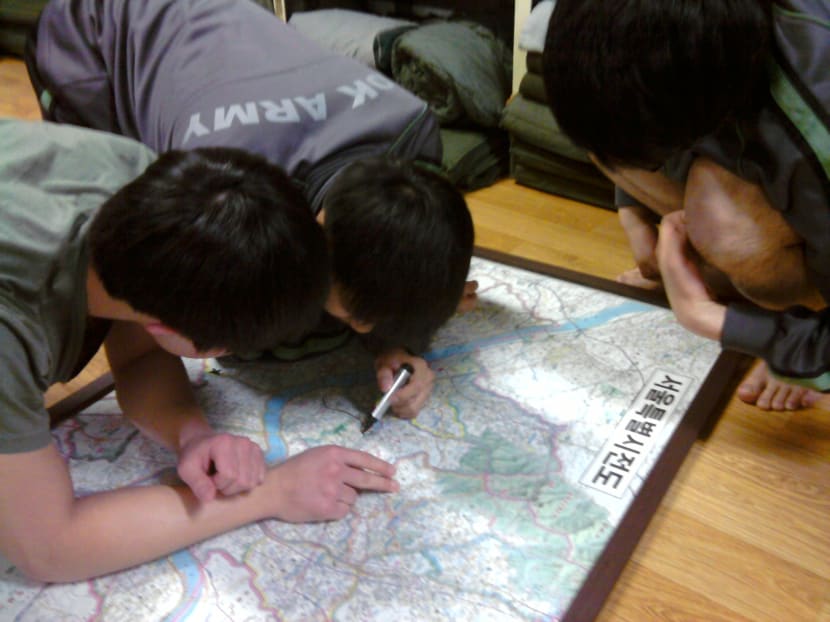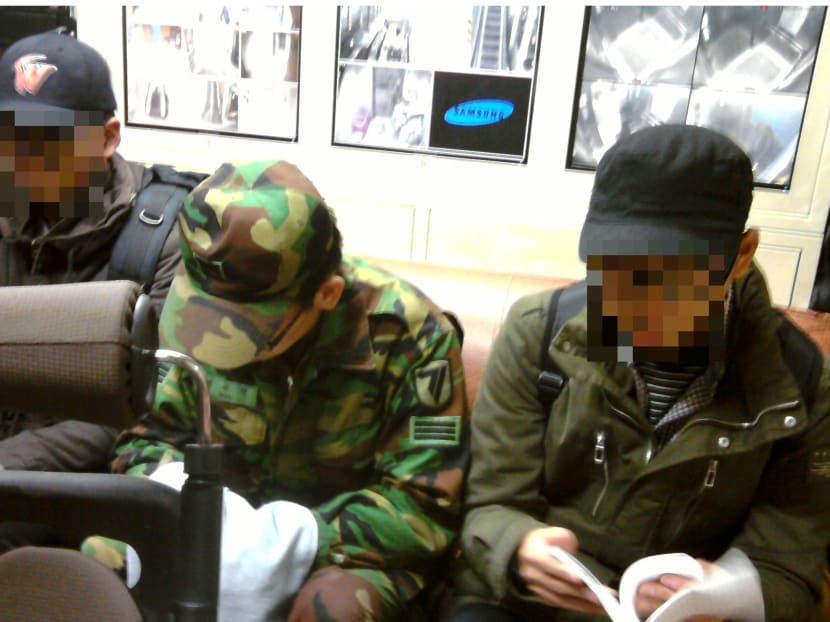A Former D.P. Soldier Reacts To Netflix’s Military Drama D.P.
Netflix’s buzzy drama ‘D.P.’ has sparked debate over the bullying culture in the South Korean military.

Netflix’s buzzy drama ‘D.P.’ has sparked debate over the bullying culture in the South Korean military.
Almost a decade ago, Song Chan-Yang, then in his early 20s, served in the South Korean military as a member of the DP (or Deserter Pursuit) unit, a branch dedicated to capturing — you guessed it — deserters.
Of the many on-the-job tales he enjoys telling, there's one about an officer who had gone AWOL. “We had a hunch that he’s in contact with his girlfriend, but she wasn’t very cooperative,” Song tells 8days.sg via Zoom. Ultimately, she was talked into luring him out in the open — at Nansam Seoul Tower, where the DP troops waited in ambush.
“It was surreal chasing him around against such a tourist-y backdrop,” Song says. “It felt like a scene from a movie. After we caught him, I took a breather and soaked up the scenery and wondered, ‘What if the outside world finds out what we did here today? Wouldn’t that be something?’”
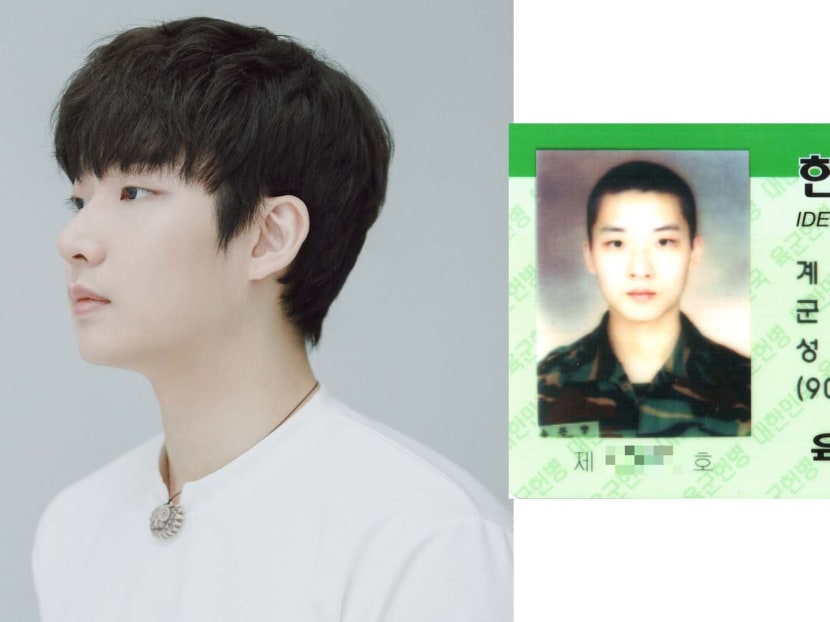
Now and then: Song Chan-Yang today and back in the day when he was a D.P. serviceman in the South Korean military.
Flash forward to the present: the little-known universe of Song’s renegade-arresting section is the subject of a smash Netflix drama called D.P. The show is also an adaptation of a popular 2015 webtoon, D.P.: Dog’s Day, by Kim Bo-Tong, a former D.P. soldier himself.In the six-part series, Jung Jae-In and Koo Kyo-Hwan stars as the titular pursuers. Through them, the show sheds light on the dark side of the military — by revealing the mental anguish and physical abuse that many servicemen suffered under their superiors.
Since its launch last month, D.P. sparked a heated debate in South Korea over the pervasive culture of bullying and harassment in the armed forces, where all male citizens have to serve for about 18 months.
While there had been shows about the military (like 2016’s Descendants of the Sun), they focused on the sunnier side of things. D.P, on other hand, lifted the veil on how much of this mistreatment happens behind closed doors.
It’s no coincidence that D.P. is set in 2014, an annus horribilis for the Korean military. That year, a 20-year-old artillery soldier died after being brutalised by his seniors. Not too long later, a 22-year-old army sergeant went on a shooting rampage after being ignored and bullied by his superiors and comrades.
D.P. director Han Jun-Hee previously told the Korea Times, “The military is a microcosm of this society, which has human relationships, conflicts and victims and perpetrators. I know there's some improvement in the military, but I think this series will play a role in keeping our guard up against military violence and remembering it.”
Song thinks so too. “I’ll really grateful to Netflix for making this show,” says the former D.P. serviceman, now 31, a musician and YouTube personality, in Mandarin. (FYI: He’d spent his teenage years in Taiwan.) “We are all here to protect our country but why are we being treated this way?”
He explains, “For us, Korean men, those two years in the military are considered ‘wasted years’, which we tried to purge those memories because they are painful. The show just reminds us how messed up the military was then.”
The women learnt about the ugly truth from the show as well, he says. “Because of pride, we don’t share stories of being bullied with them. We just kept it to ourselves.”
During his D.P. stint (from 2011 to 2013), Song claims that there were as many as 300 deserters a year.
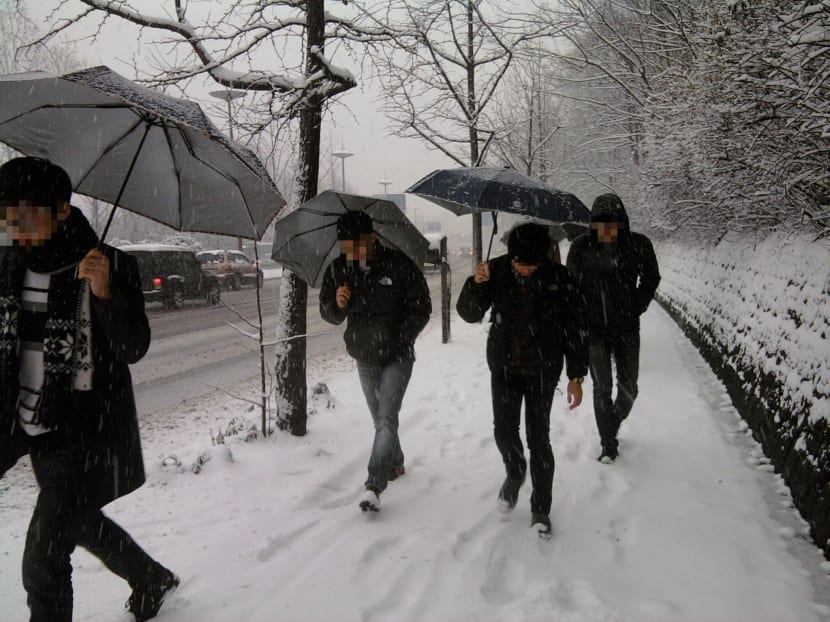
Let’s get to work: The D.P. soldiers set out to search for deserters, who usually hide in public bathhouses and internet cafes. They can’t go home because they know they are being watched by the D.P. servicemen.
What were the most common reasons for going rogue? Some of them were bullied, while others had trouble acclimating to military life, he says.
Was Song ever bullied? No, he says. He was psychologically prepared for enlistment; he even bulked up so that he “didn’t appear weak”. Still, there were occasions that he would get hit on the head or kicked in the shin by his seniors.
How different is D.P. life in reality compared to the version depicted on the show?
Song points out that, unlike their reel-life counterparts, they would always conceal the identity of the deserter they’ve captured. Another inaccuracy: D.P. personnel aren’t allowed to make small talk with the escapees. Also a no-no: they don’t go after armed deserters — they leave them to the police.
Because D.P. soldiers don’t carry weapons, had Song ever encountered any life-threatening situation?
There was this time when he confronted a deserter at the latter’s girlfriend’s home. “When he saw me, he started freaking out and he grabbed a kitchen knife and waved at me — and I froze!” In the end, he stabbed himself instead and was rushed to the hospital. Song says, “My first thought was, thank goodness I wasn’t dead!”

There will be blood: A deserter being rushed to the hospital after he stabbed himself in front of Song.
Song then regales us with another case which he has never told anyone before. It involves two deserters from Silmi Island, the fabled home of Unit 684, a covet military group created in 1968 to assassinate North Korean leader Kim Il-Sung. It was shut down in the 1970s.
“We usually go out in pairs but in this case, we’re told to go in a group of six and under no circumstances are we to engage the deserters — just report their whereabouts,” says Song.
“They had apparently swum from the island to the mainland. We never thought this could happen because the base was supposed to have been closed a while back. We never caught them; they surrendered to the authorities.”
Hmmm, that sounds like an incredible story waiting to be made into a TV series. Netflix, are you reading this?
Watch Song relive his D.P. days in his 2018 YouTube video:D.P. is now streaming on Netflix.
Photos: Netflix, Song Chan-Yang
